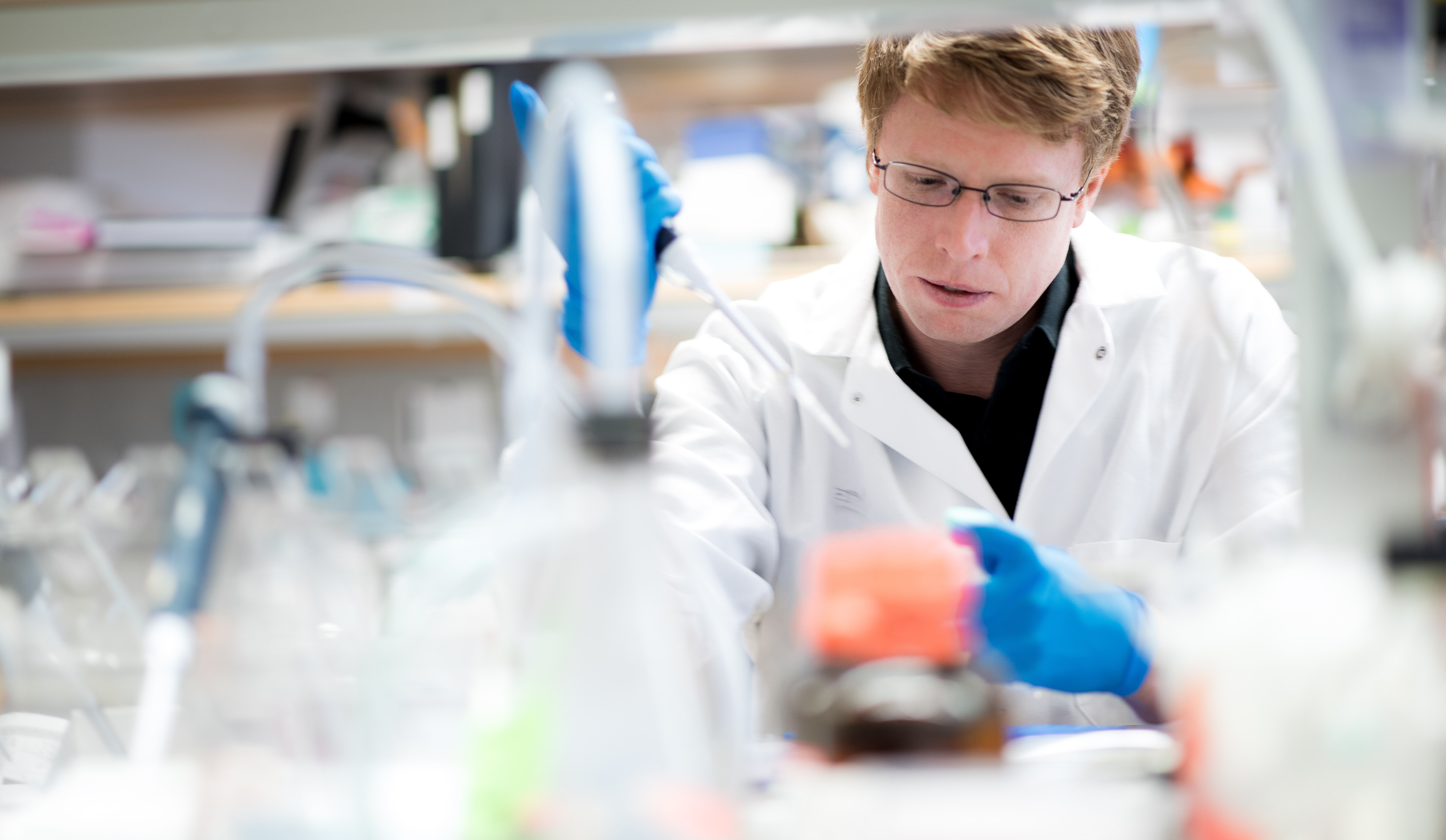Submitted on March 12, 2020

Luke Gilbert, PhD, assistant professor of Urology at the University of California San Francisco, has been named winner of the 2020 Martin and Rose Wachtel Cancer Research Award, which honors early-career investigators who have performed outstanding work in the field of cancer research. The award is presented by the American Association for the Advancement of Science (AAAS) and Science Translational Medicine
Gilbert’s lab uses genome scale screens, genetic interaction mapping, and genome engineering to model and map the genetic and epigenetic causes underlying differences in the efficacy of cancer therapy. An early pioneer in the field of CRISPR, Gilbert was the first to develop a repurposed CRISPR system to edit the epigenome and to control transcription of protein coding and non-coding genes in human cells.
Says Raj S. Pruthi, Professor, Department of Urology, UCSF “We are thrilled that the AAAS has recognized Dr. Gilbert’s highly innovative work on building new CRISPR tools and applying them to pressing problems in cancer, such as drug resistance and metastasis. Since his arrival at the Department of Urology in 2017, Dr. Gilbert has been one of the most prolific and highly innovative researchers at the UCSF Helen Diller Family Comprehensive Cancer Center. The Wachtel Cancer Research Award is a tremendous recognition of Dr. Gilbert’s past accomplishments and his promise as one of our most-talented faculty-rank scientists."
This is the second time a researcher in the Department of Urology won the Wachtel award. In 2017, it was given to Hani Goodarzi, PhD, in recognition of his role in developing new techniques and collaborations to understand how cancer cells regulate the process of metastasis, which is the key cause of death in cancer patients.
Winners of the award receive $25,000, their research essay will be published as a focus article in Science Translational Medicine, and they present a lecture based on their research at an award ceremony at the NIH.